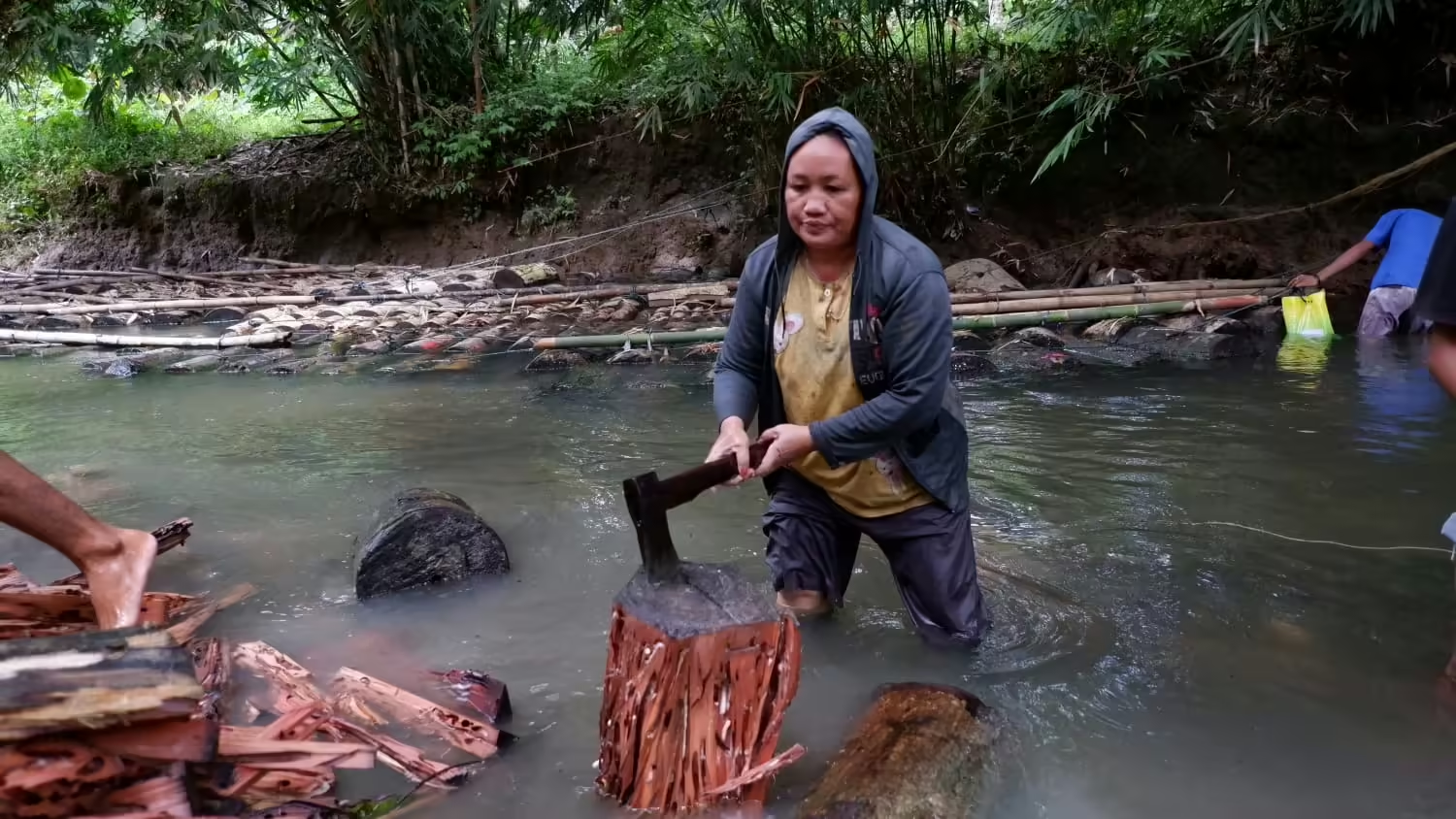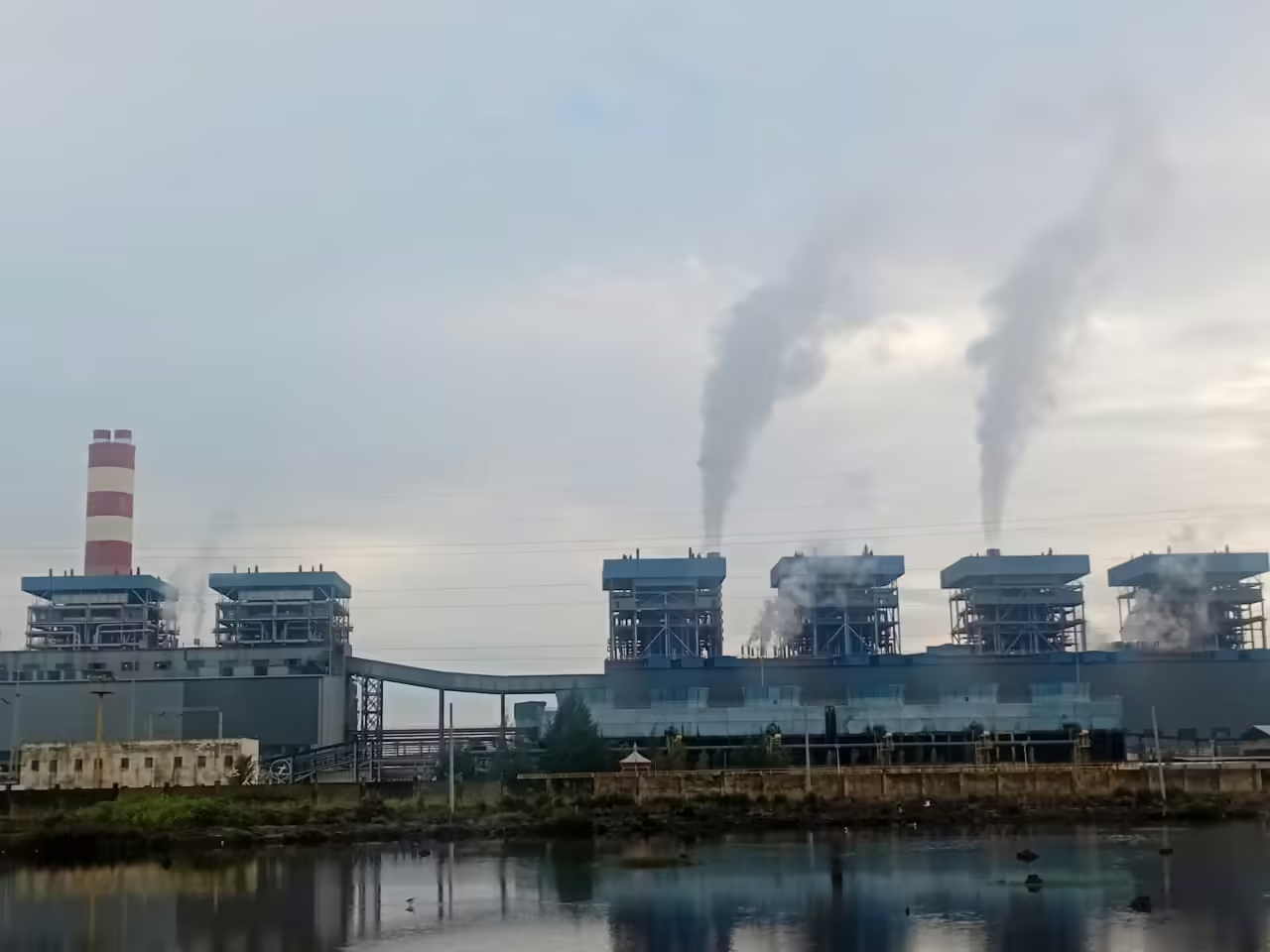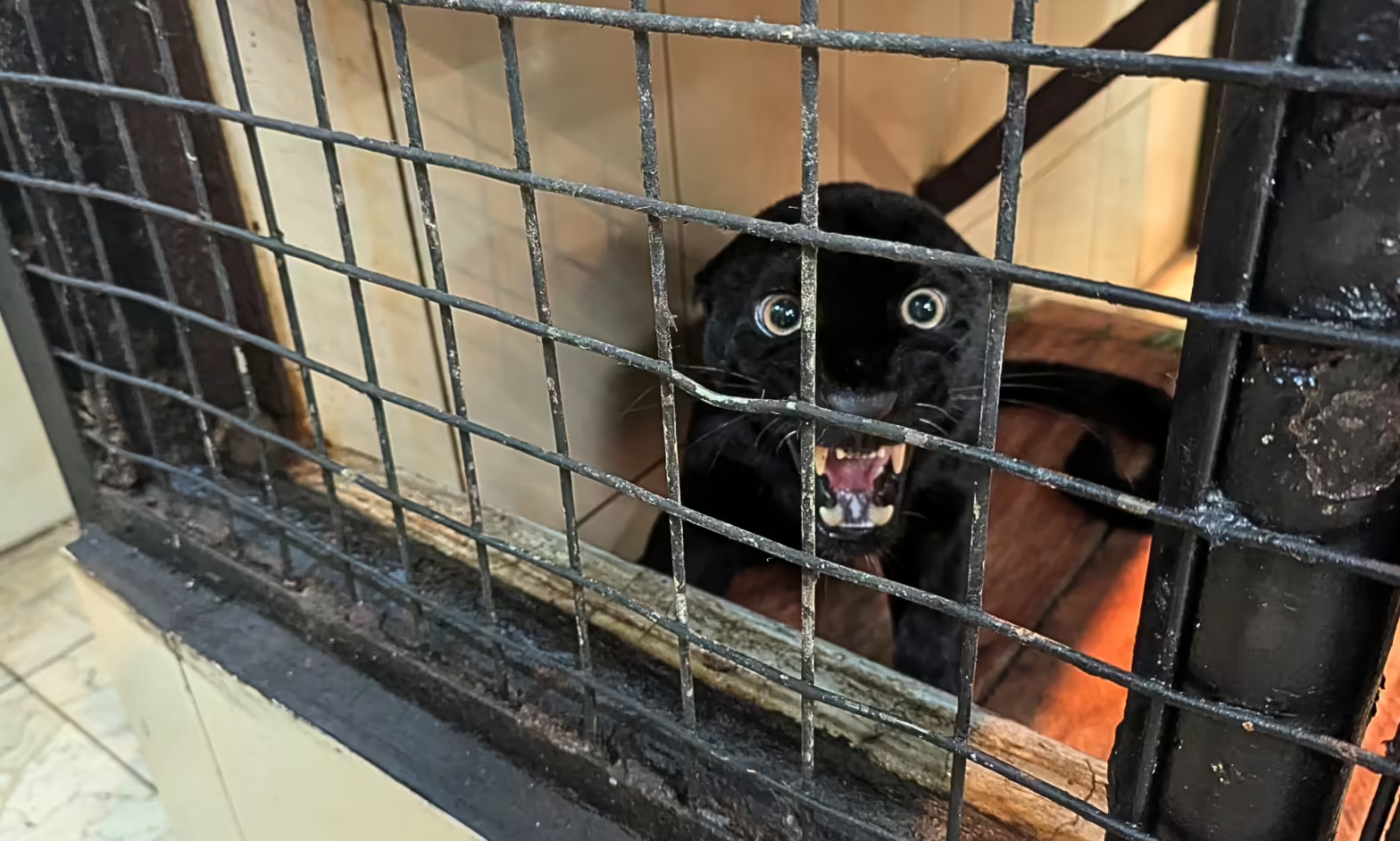This Zero-Deforestation Guide for Smallholders will strengthen natural resource institutions and governance.
Several non-profit civil society organizations have launched a Deforestation-Free Guide for Smallholders. This guide contains practical steps for smallholders – such as palm oil, rubber, and cocoa farmers – to protect their forests, while ensuring that the commodities they produce can penetrate the global market because they comply with deforestation-free provisions.
“Smallholders are often blamed for deforestation in Indonesia and then excluded from the market. However, our collaboration with smallholders has proven that they can carry out deforestation-free practices. We hope that with this guideline, our smallholder members will get fairer access to the market,” said Sabaruddin, Chair of the Palm Oil Farmers Union (SPKS), accessed from the official website, Saturday, July 6, 2024.
Smallholders will also be able to help the government realize its commitment to preserving forests.
This Deforestation-Free Guide for Indonesian Smallholders has been developed for more than six years through collaboration between the High Carbon Stock Approach (HCSA), SPKS, the Forest Protection Farmers Foundation (4F), Greenpeace, and the High Conservation Value Network (HCVN).
The process also included field trials with smallholder farmers in West Kalimantan over four years, to ensure the toolkit was simple and easy for local communities to adapt.
The toolkit provides simple, practical advice on how farming communities can identify and map forest and land cover in their villages. At every practical stage, the toolkit requires free, prior, and informed consent (FPIC) from the communities involved.
The No Deforestation Toolkit for Smallholders will strengthen natural resource governance and institutions, implement forest protection management and monitoring tools, and provide incentives for communities to support such protection.
“We, the farmers who are members of the Poyo Tono Hibun Community as the Dayak Hibun community, strongly support the No Deforestation Toolkit. I saw for myself that the Toolkit was truly developed based on input from farmers, indigenous peoples and local communities when the Toolkit was piloted in West Kalimantan. I have seen the positive impacts for myself. We need help from all parties so that farmers can implement best practices and continue to conserve forests without abandoning our local wisdom and culture,” said Valens Adi, a farmer representative from Sanggau Regency, West Kalimantan.
Tirza Pandelaki, Executive Director of the Forest Protection Farmers Foundation (4F) added, “In compiling this guide, we worked with small farmers in the village, including women farmers and young people and witnessed the forests being protected and there was an improvement in the lives of small farmers. Now we hope that this guide can be implemented throughout Indonesia, and provide incentives and benefits for small farmers to protect their forests.”
According to the Global Head of the Greenpeace Indonesia Forest Campaign, Kiki Taufik, with this guide small farmers can help the Indonesian government to overcome the climate crisis.
Kiki said that deforestation is still a big issue for Indonesia. But with this guide small farmers can contribute to achieving Indonesia’s conservation targets and climate commitments.
“Greenpeace collaborated in this process so that smallholders can prove that they are deforestation-free, protect forests, and meet a number of requirements, such as those stipulated in the European Union’s Deforestation-Free Commodities Act or EUDR,” said Kiki.
Jesús Cordero, Executive Director of HCSA added that the EUDR and other international regulations cannot ignore the potential contribution of smallholders to realizing deforestation-free supply chains.
“This toolkit allows smallholders to prove that they are able to produce commodities and conserve forests and biodiversity, while respecting the rights of indigenous peoples and local communities. They can be the key linking sustainable supply chains and markets when partnering with large producers and buyers,” said Jesús Cordero.



